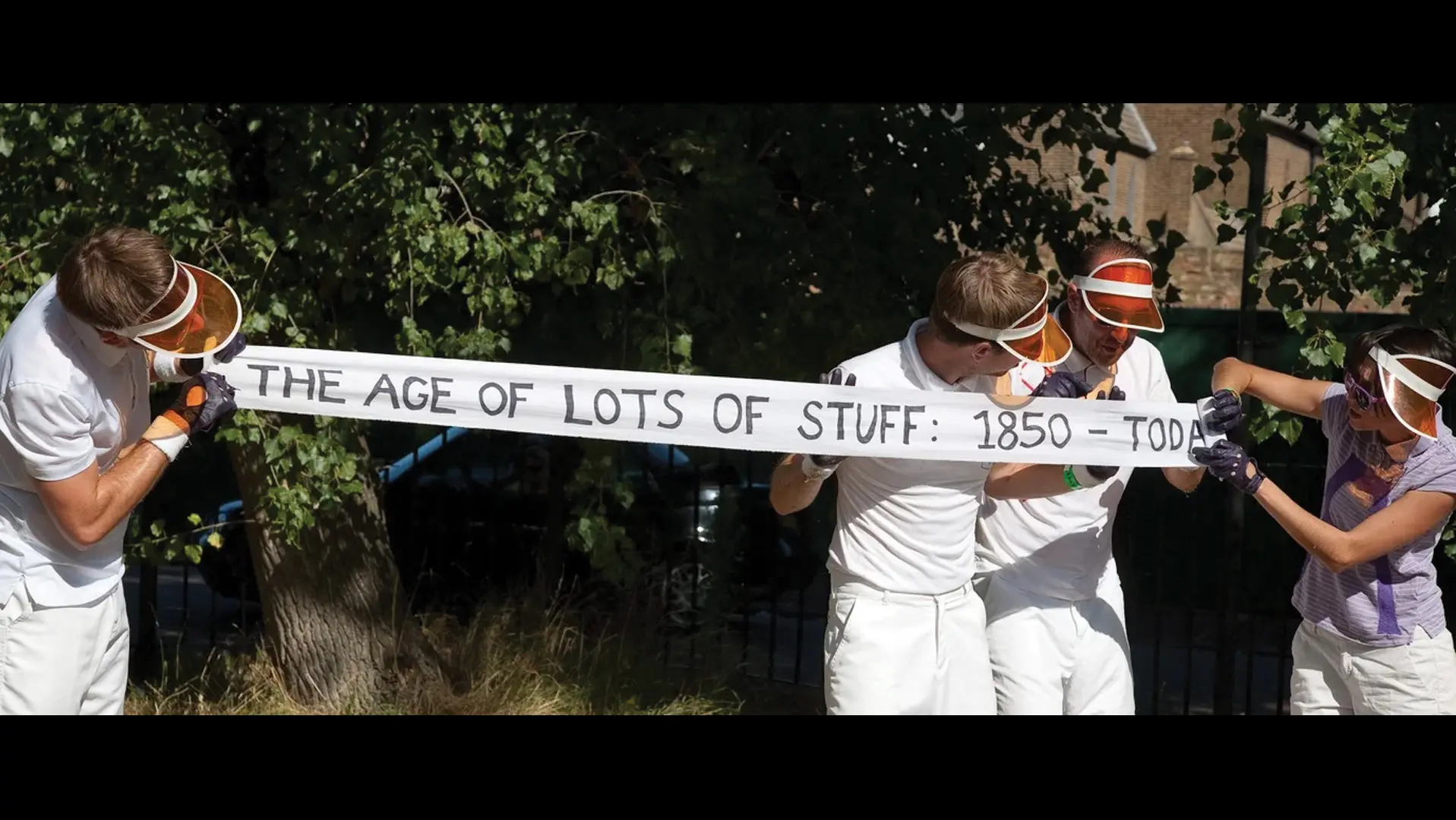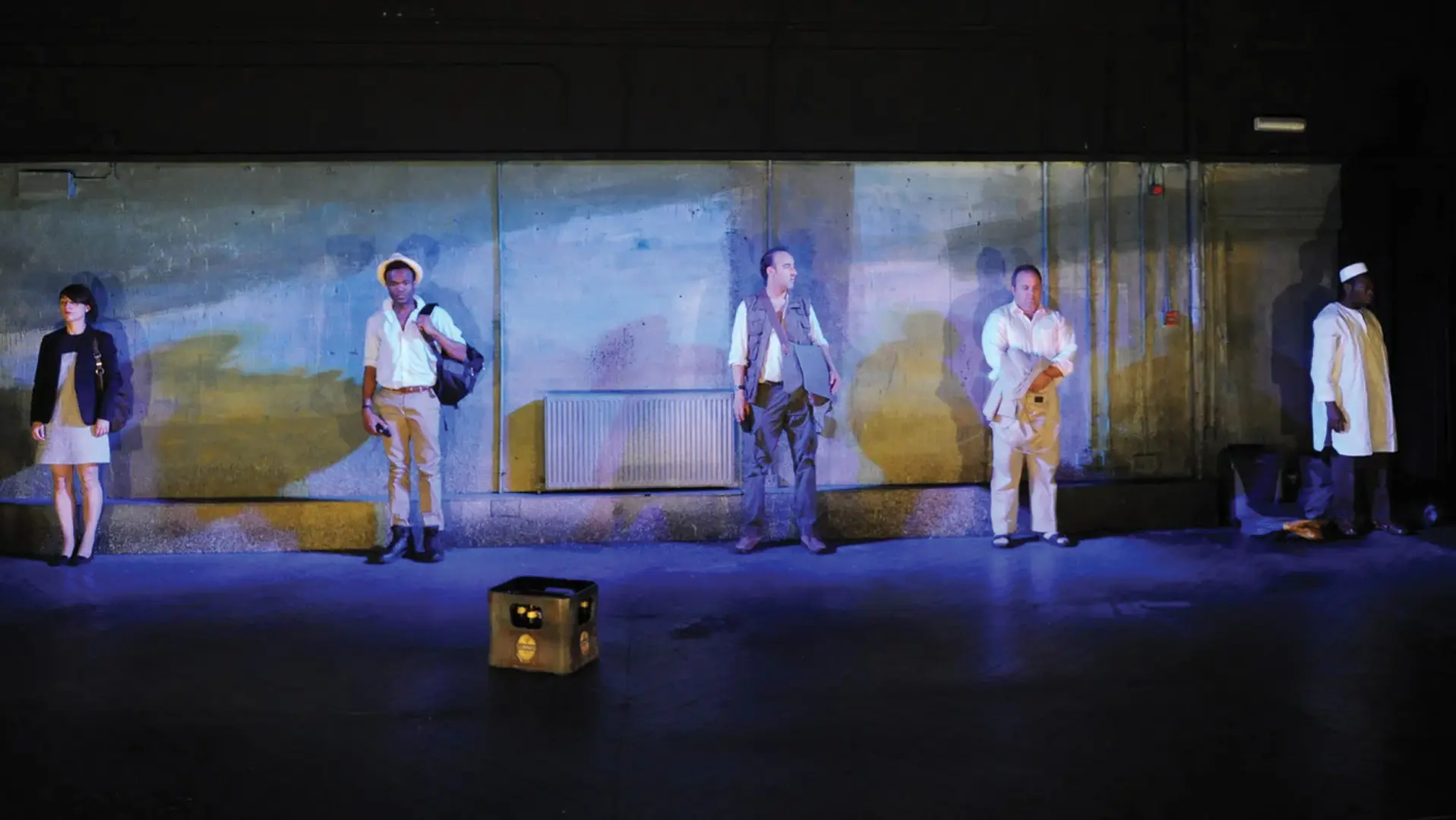The Ministry of Remoldability
The Ministry of Remoldability is an ongoing project about how we think, hope and act for the future. It uses lo-fi, playful methods to explore big ideas in participatory settings.
The Ministry has taken up residence at arts organisations, museums, festivals, conferences and other events. Some projects are created in direct response to a certain event and others are a way of giving expression to something that one of us has been puzzling over for some time.
Out of Sight (2018)
Out of Sight is a binaural story about what it means to care for someone and be cared for. A sensory experience, a moment just for you, that time you needed… feel like you’ve been to multiple locations all from the safety of a chair in a darkened room.
Out of Sight was presented at the Live Lab Elevator Festival and the Critical Care Symposium at the Centre for Digital Story-making.
Life Course Golf Course (2018)
Putt your way through life’s twists and turns. Will you hit a health hole in one? Or get stuck in a bunker of bad luck? This playful experience connects you with the amazing stories uncovered within cohort studies.
Life Course Golf Course was a collaboration with the MRC Unit of Lifelong Health & Ageing at UCL, presented at Science Museum Lates and Green Man festival.
Disaster Party (2017)
No actors. No uncomfortable seats. Food. Drink. Your own soundtrack. What could possibly go wrong? You are cordially invited to the party of the year. Get ready to play as you become the star of this unique experience.
Disaster Party was a Lincoln Voices commission, co-commissioned by ARC and the Albany. Supported by the National Lottery through Arts Council England.
Lists for the end of the world (2017)
Things I pretend to be interested in. Times my 8 year old self would be proud of me. Places I would hide a body. This is a show composed entirely of crowd-sourced lists, from all kinds of people in all kinds of places.
Winner of the 2016 Live Lab Empty Space Bursary, co-commissioned by ARC Stockton, supported by Shoreditch Town Hall. Lists... received 4* reviews at the Edinburgh Fringe Festival, including from The Scotsman, British Theatre Guide, and Fest Magazine.
Questival (2016)
Questival was a brand-new family festival of questions at the Natural History Museum. NHM scientists are always seeking answers - and sometimes asking a question creates more questions than it answers. Can you stay curious and follow where the questions lead?
Questival was commissioned by the Natural History Museum.
Llama Outbreak! (2016)
Llama Outbreak! was a game in which players learned about the spread of infectious disease, lateral flow tests and mobile testing. Back when that was a fun idea, rather than a reality we lived for 3 years.
Developed with scientists from UCL’s Nanobiology Department, Llama Outbreak! was presented at Green Man festival.
Invisible Treasure (2015)
Invisible Treasure is an interactive digital playspace, an electrifying exploration of human relationships, power structures and individual agency, where your actions can change everything.
Invisible Treasure was supported by a Tipping Point and Stories of Change Commission via AHRC and the National Lottery through Arts Council England. It had a sold-out three week run at Ovalhouse.
Tooting Field Days (2015)
Tooting Field Days were local safaris based in and around Tooting; a chance to get outside and play, walk, chat or make something. We can’t promise lions and zebras but you might discover something you’ve never seen before, think something new or have a mini adventure of some sort.
Tooting Field Days was supported by the Big Lottery Fund through Awards for All, Wandsworth Arts and the National Lottery through Arts Council England
Tooting Walks (2014)
Tootingwalks is two audio walks, created through interviews with local groups. Each route takes walkers through familiar and less familiar parts of what we came to recognise as a very special part of London.
Tootingwalks was created with support from Awards for All & Wandsworth Arts, and launched at Tooting Foodival 2014.
Cheese [a play] (2013)
Cheese is a humorous adventure through the twists and turns of an absurdist system which is too big to fail. It was powered by electricity generated in gyms and community centres local to the pop-up venue on Oxford Street, London.
Cheese [ a play ] was supported by Awards for All, the Royal Victoria Hall Foundation, Unity Theatre Trust, the Old Vic New Voices Start-up Fund and the National Lottery through Arts Council England.
GreenandPleasantLand (2012)
GreenandPleasantLand fused physical theatre, live music and folk traditions in an epic adventure for audiences aged 5 upwards. Join us on a quest powered by bicycle-generators through lands of curious customs and peoples of peculiar habits, to find a happier, greener future.
GreenandPleasantLand was developed in residence at Dartington, with additional support from Lanternhouse, the Nightingale, South Street Arts, YFTN, Unity Theatre Trust, the Ernest Cook Trust, City Bridge Trust, the Sculpt the Future Foundation, Wandsworth Arts and the National Lottery through Arts Council England.
Fixer (2010)
Fixer is an intelligent and savagely funny play about oil geopolitics and the price of human life by Lydia Adetunji, 'one of the brightest new stars in British political theatre' (The Observer).
Fixer was presented at Ovalhouse in 2011 as part of the London via Lagos season.
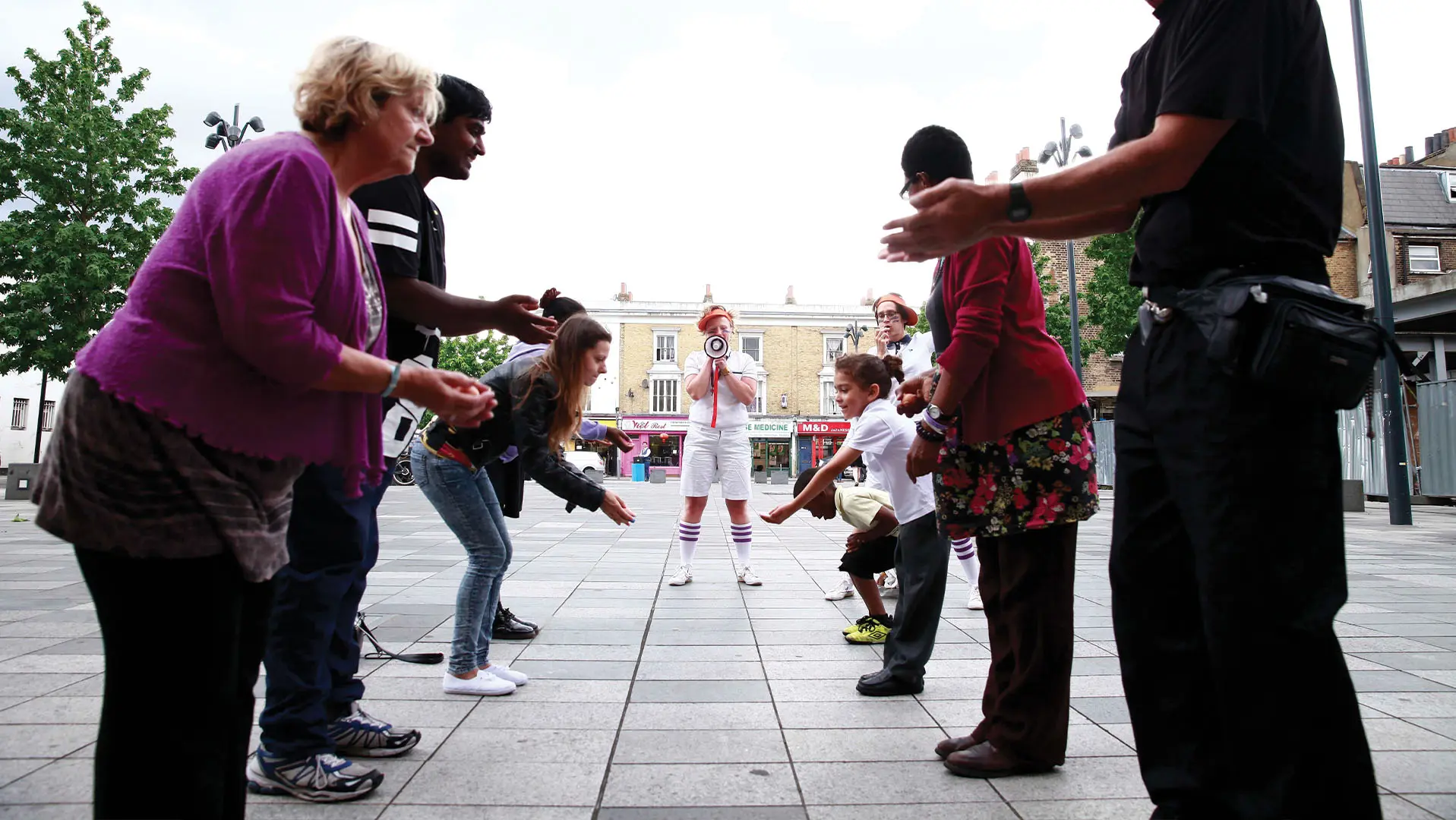
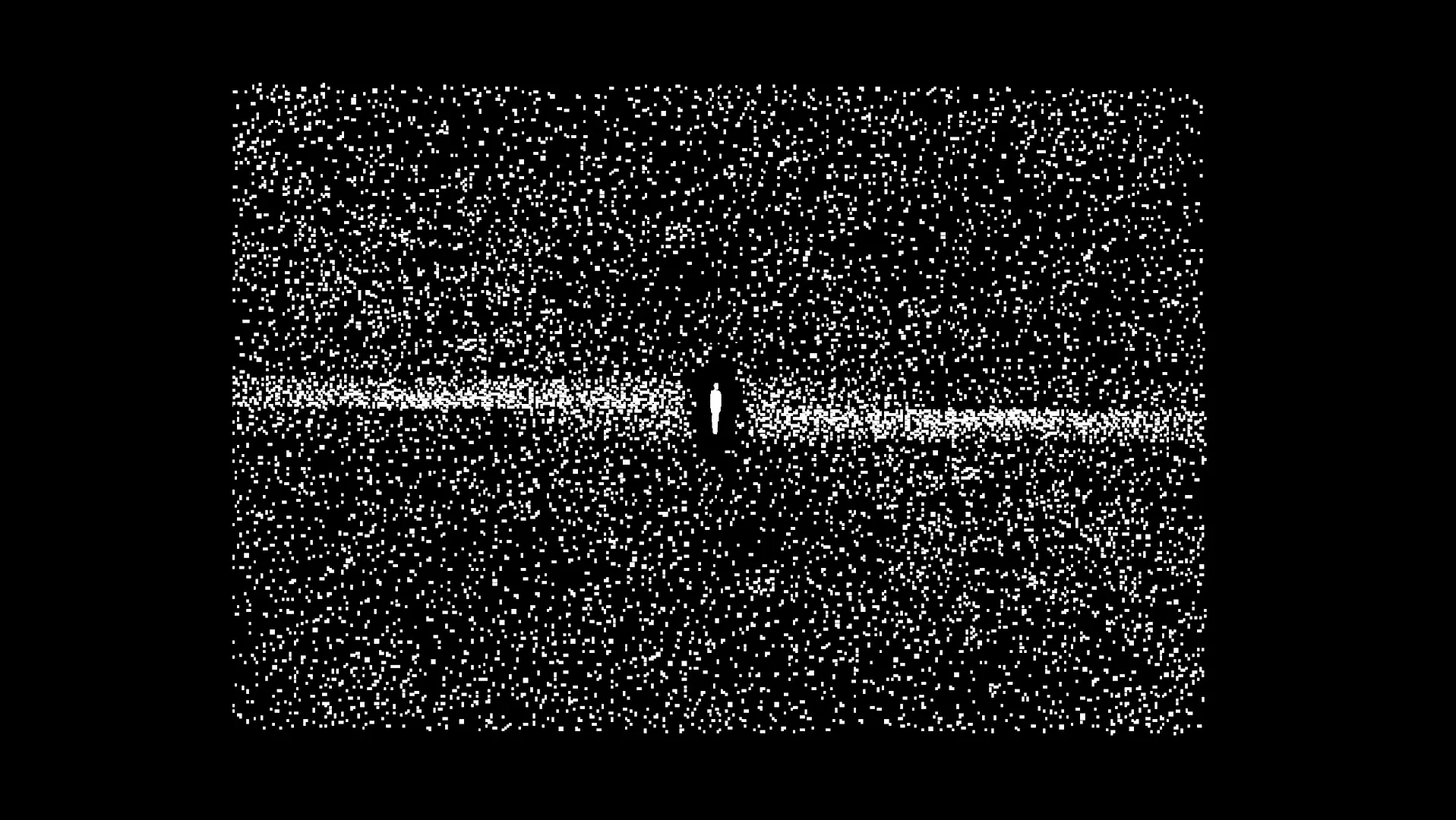
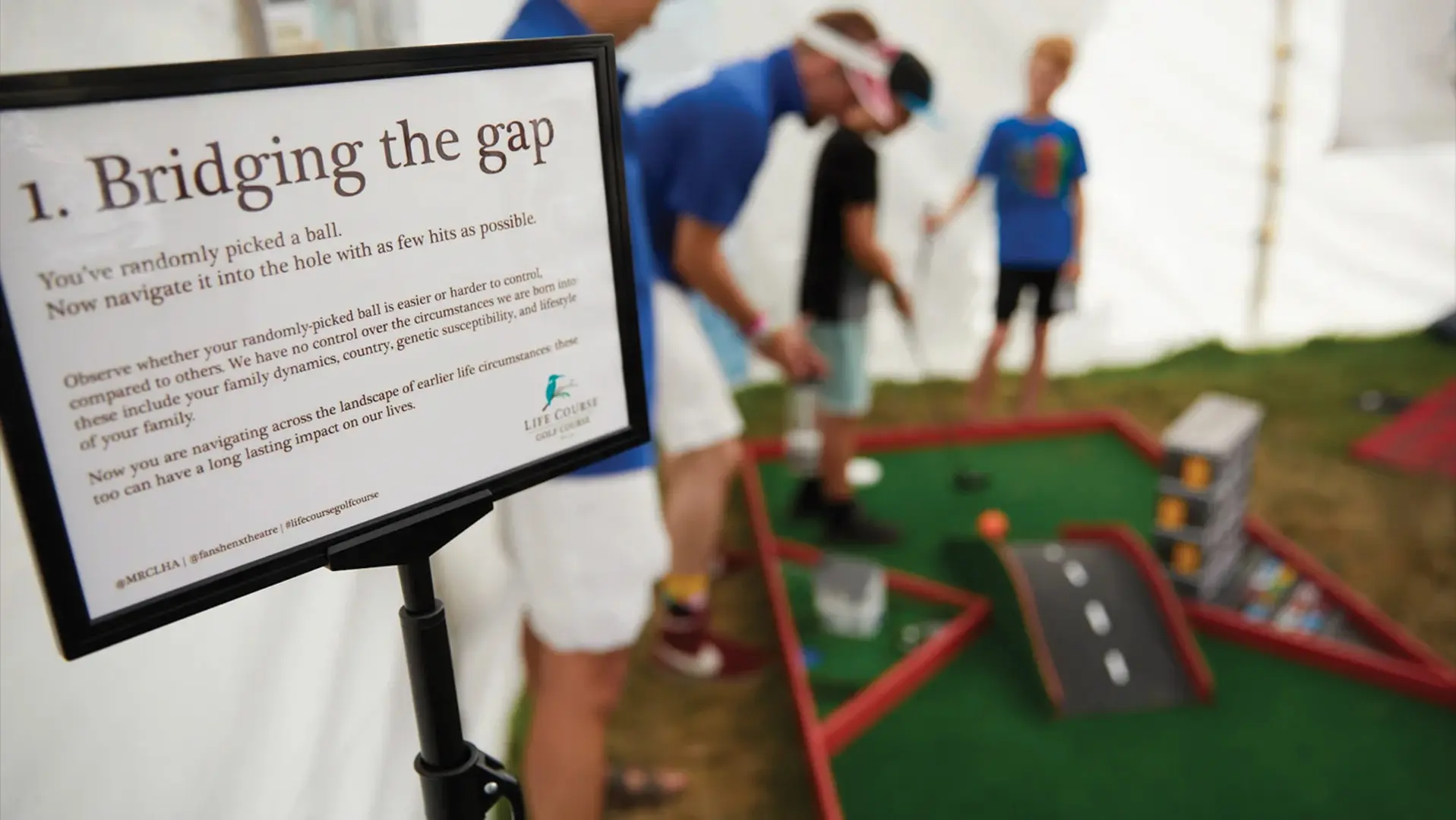
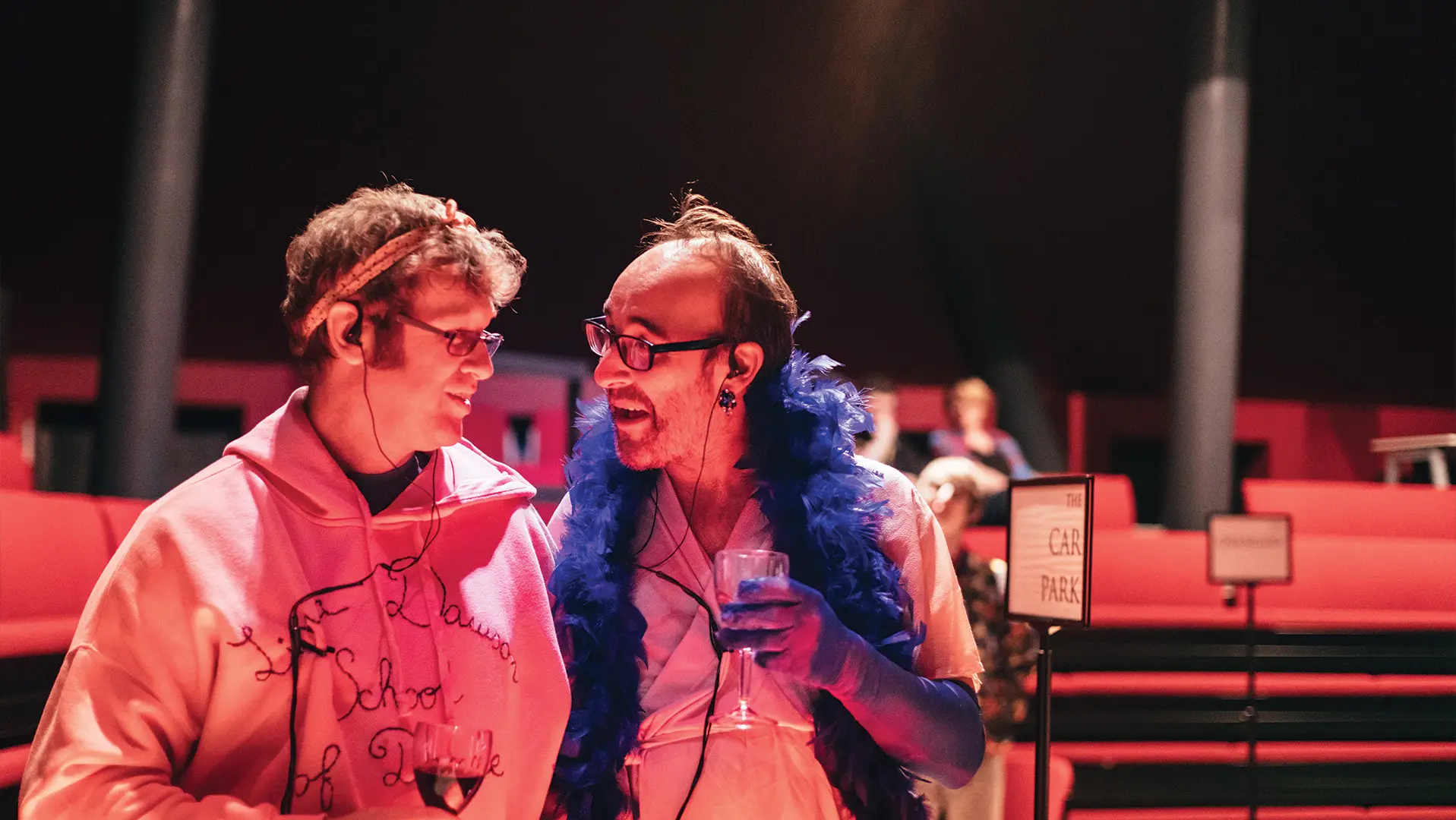
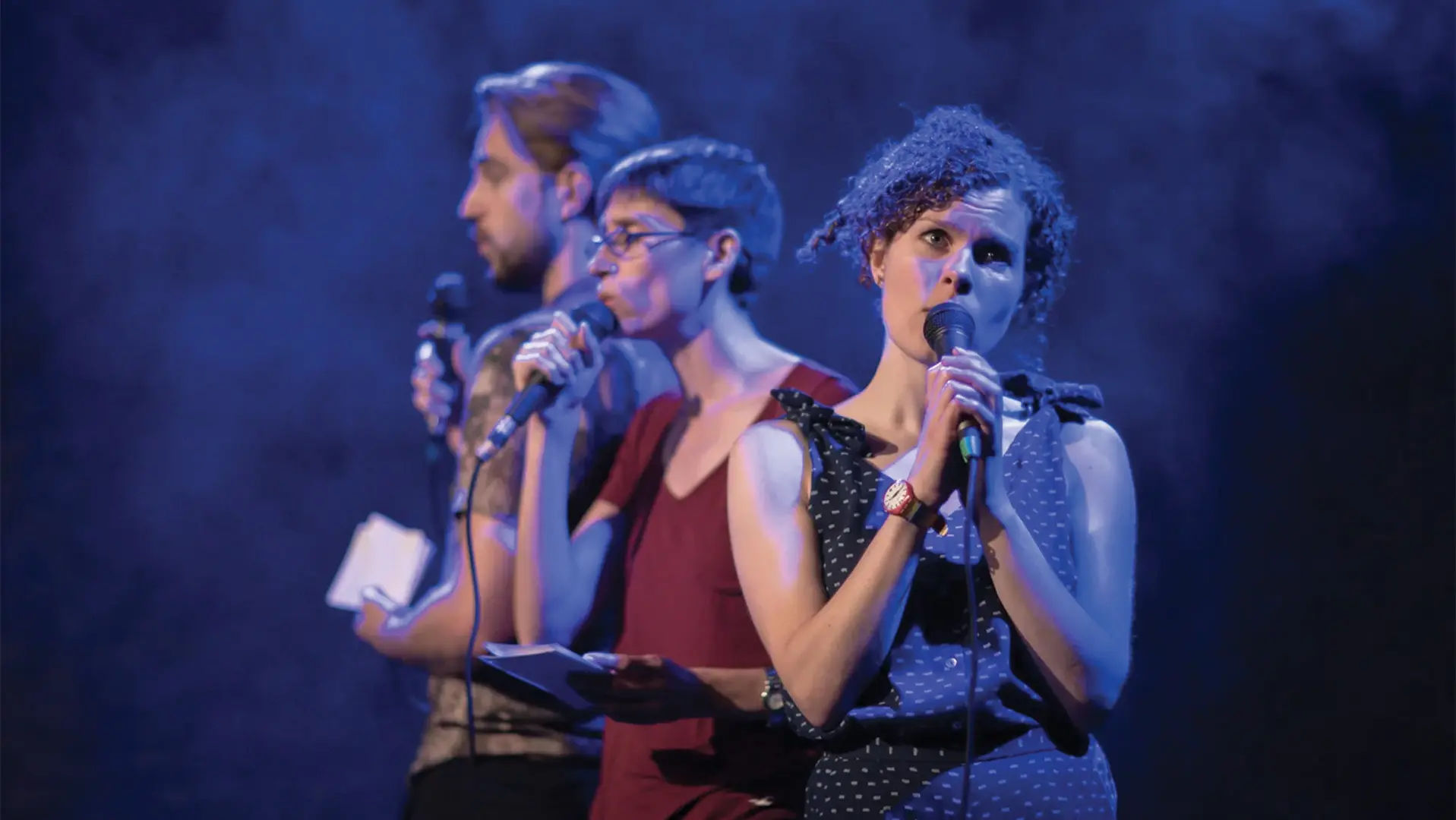
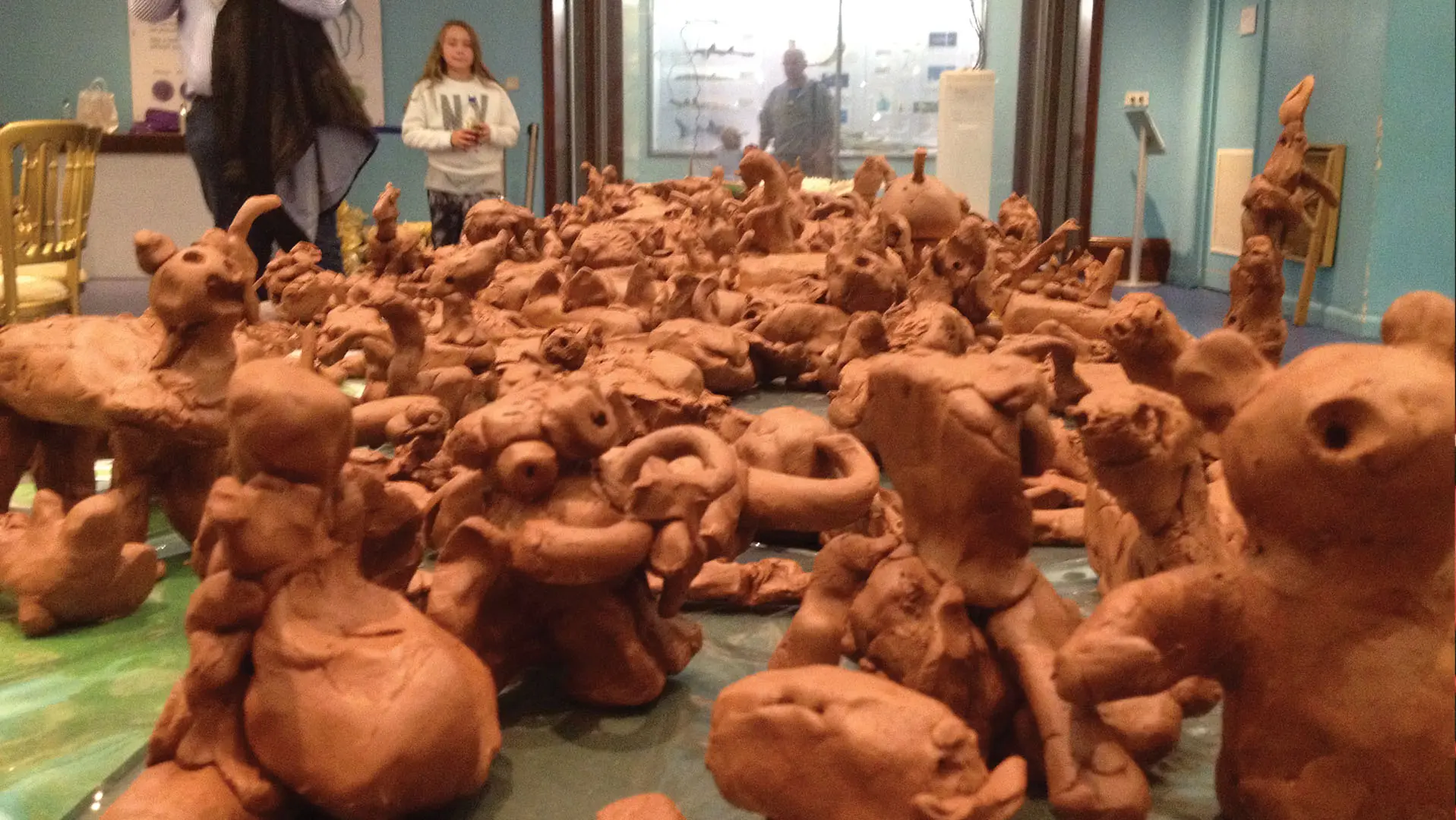
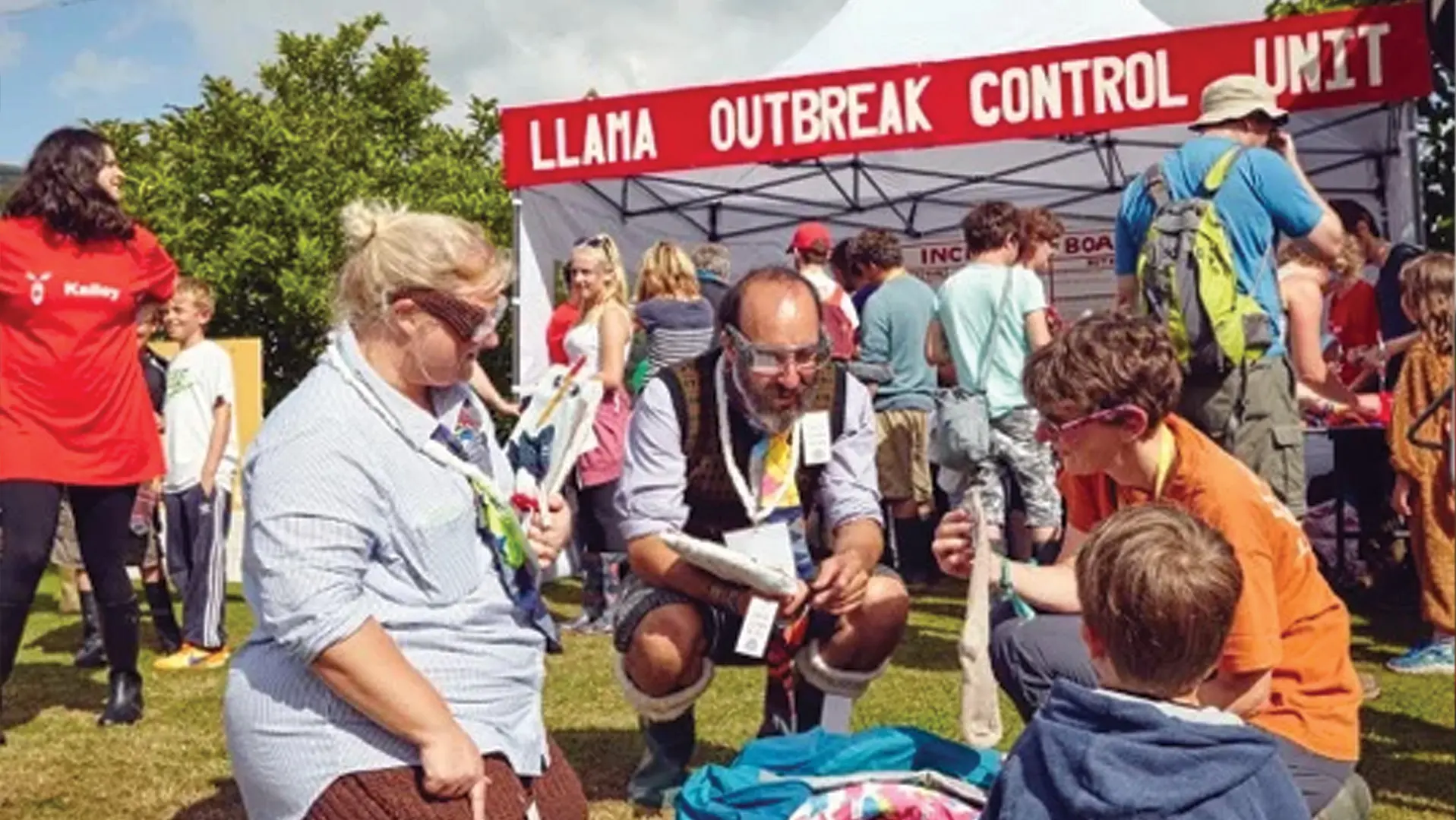
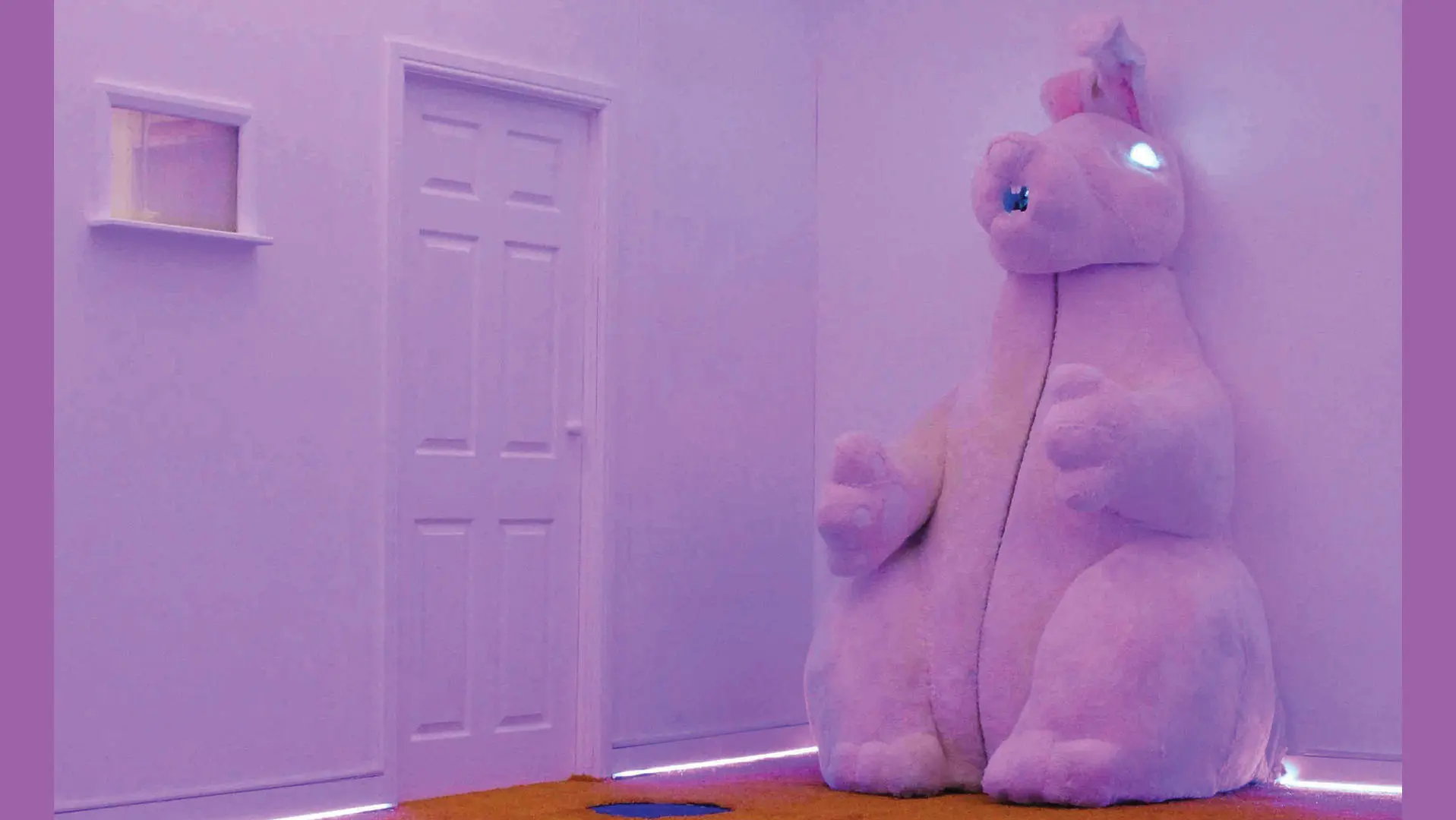
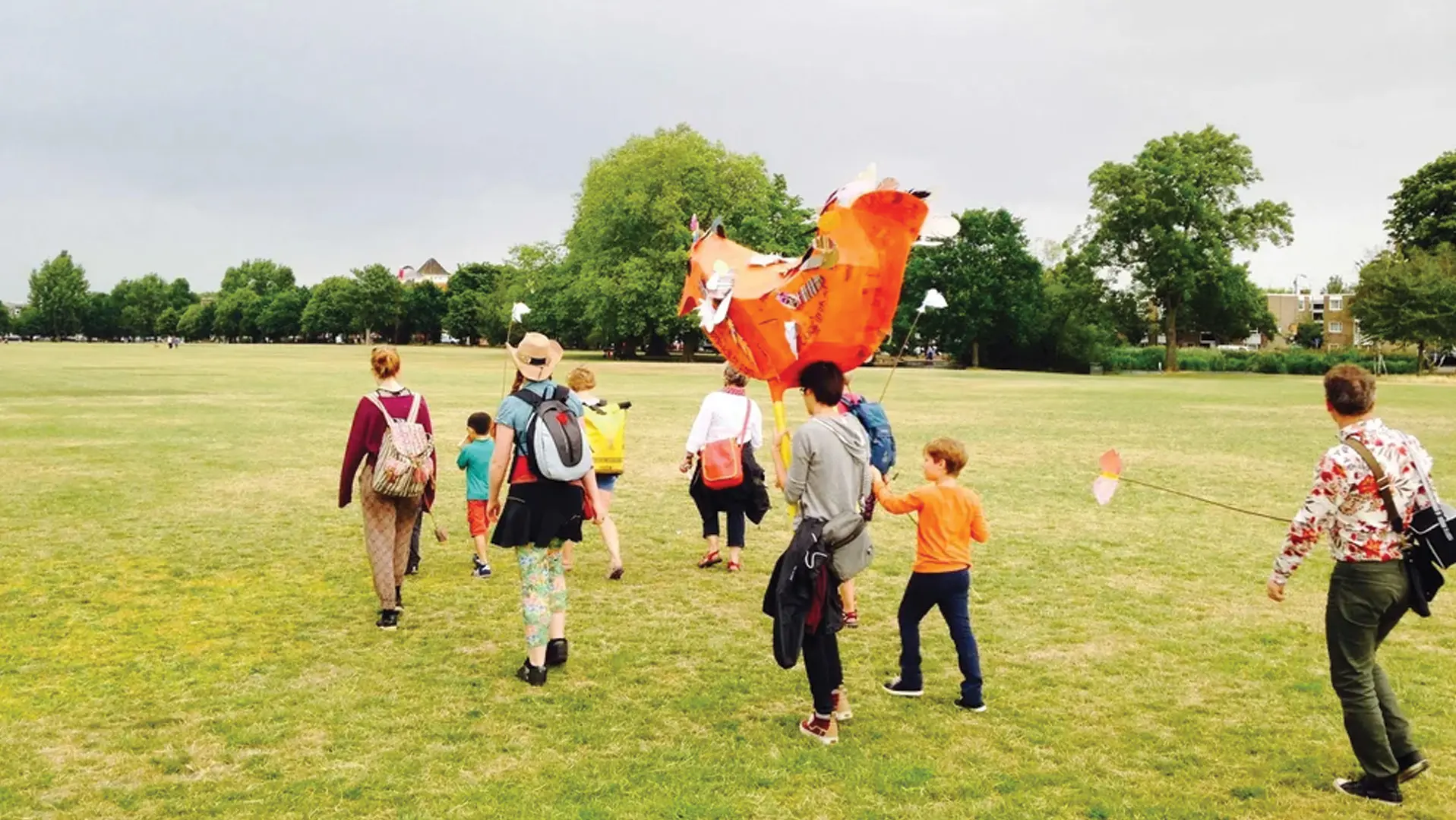
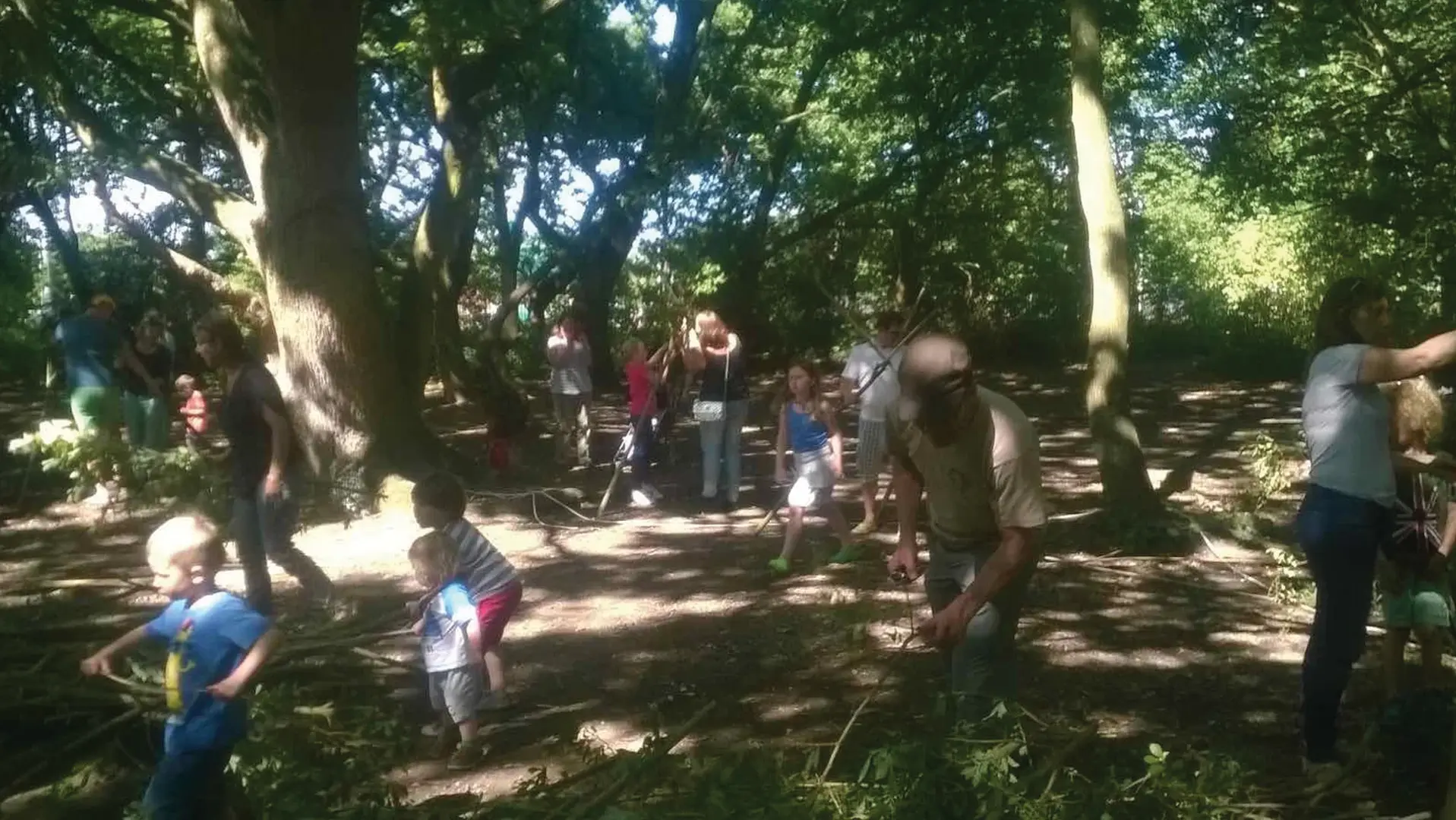
![Cheese [a play] (2013)](/assets/images/optimised/cheese-hero.e37b0e2d-opt-1920.WEBP)
